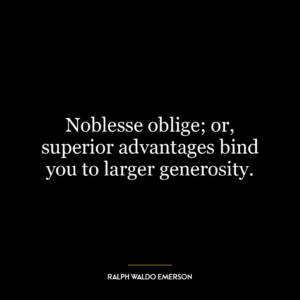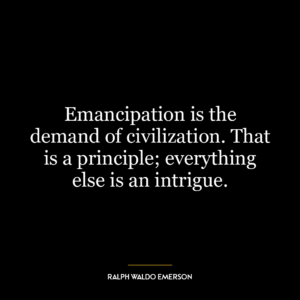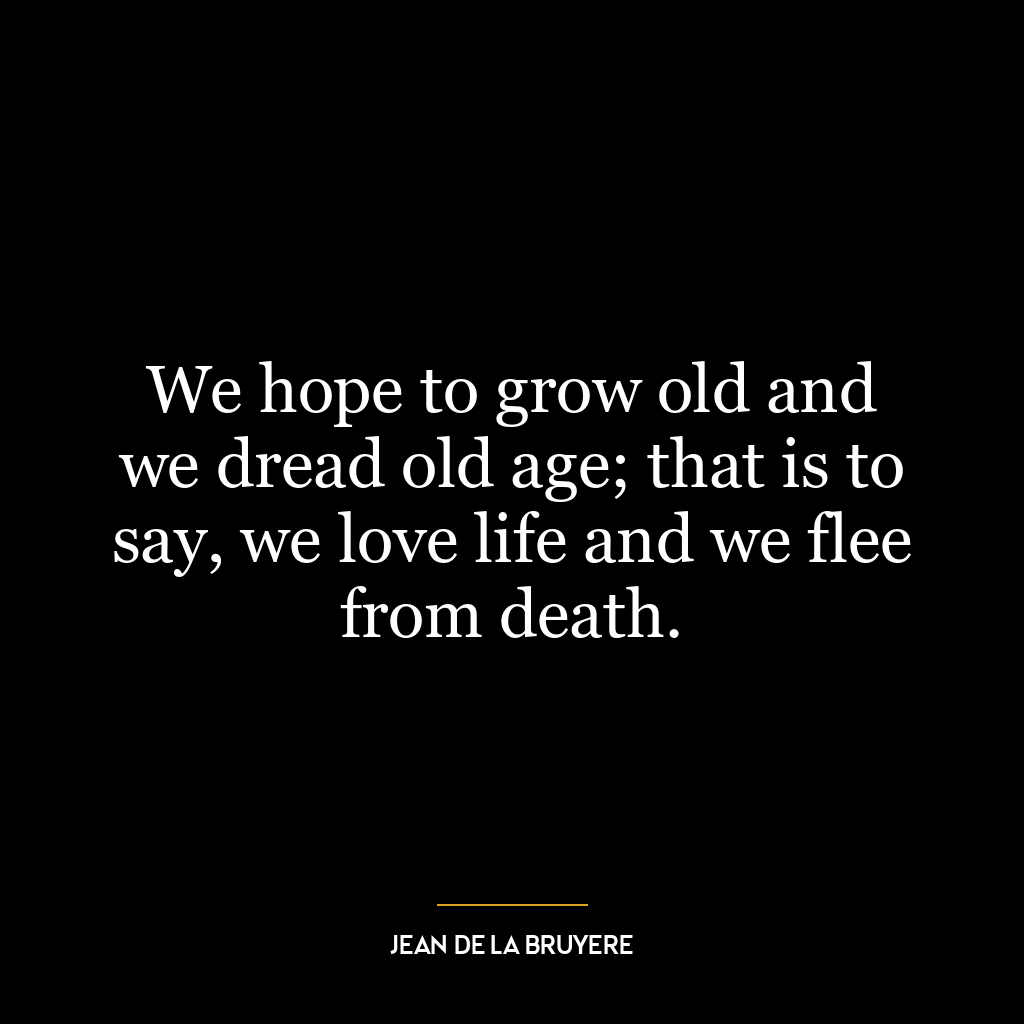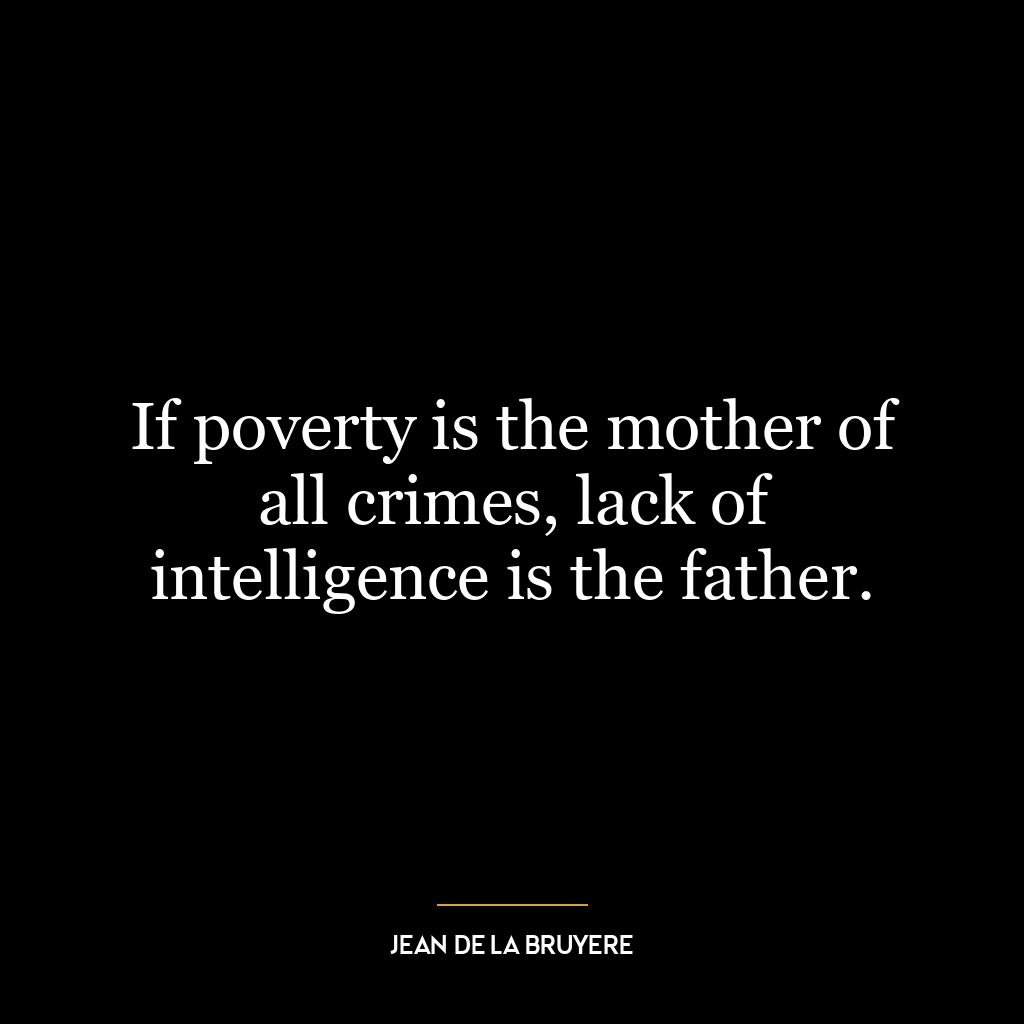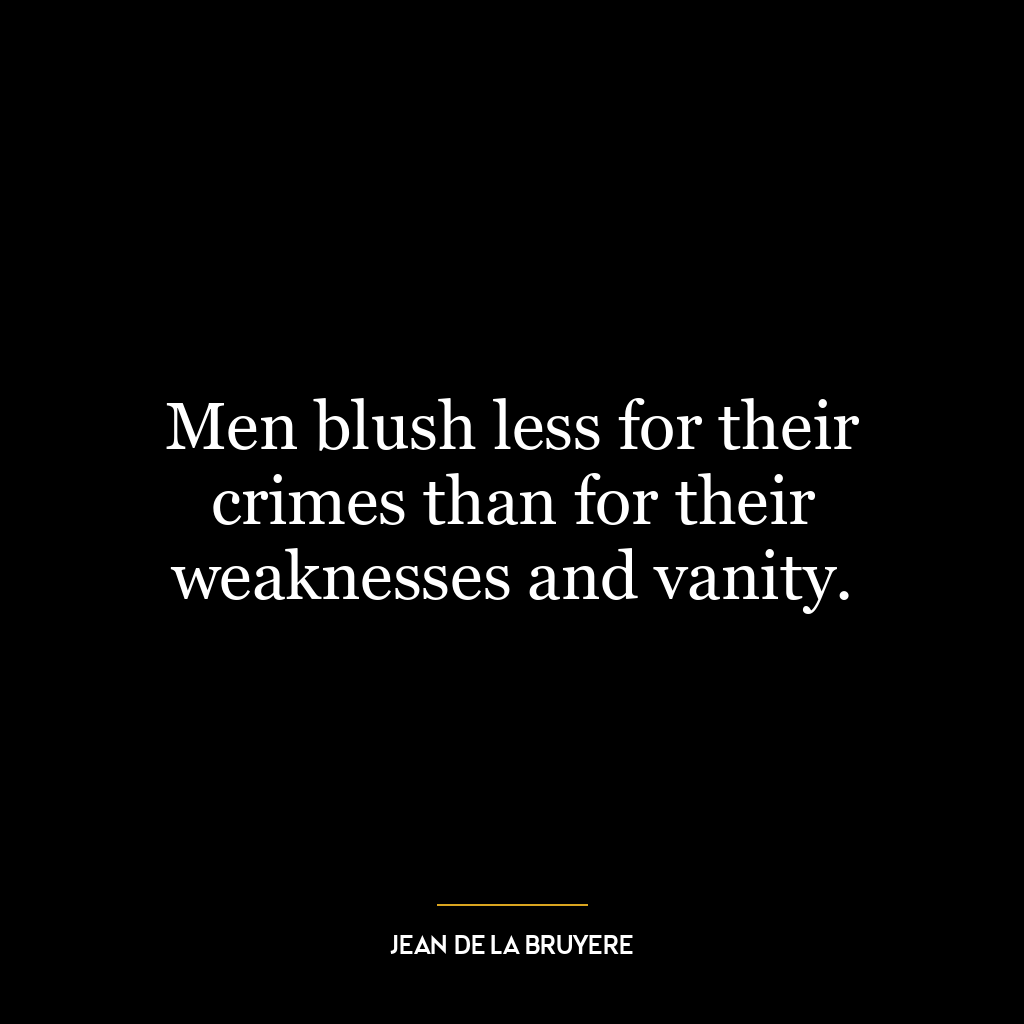This quote suggests that when we postpone our dreams, aspirations, and desires or when we are idle in pursuing them, it can lead to negative outcomes such as crime. Idleness is ofen associated with a lack of purpose or direction in life. When oneS hopes are deferred or delayed indefinitely, it creates a void that could potentially be filled with negative actions like crime.
The concept of deferring hopes is not necessarily about procrastination; rather it’s about the frustration and despair that arises from constant delays in achieving one’s goals. This frustration might push individuals towards illegal activities as an choice route to achieve their goals quickly.
In today’s world, this idea has many applications. As a notable example, it can be seen in the realm of social inequality where those who feel marginalized may resort to crime due to deferred hopes for economic stability or social mobility. The feeling of being stuck without any progress towards their dreams can lead them down a path they or else wouldn’t have chosen.
in terms of personal development, this quote serves as a reminder not to delay our aspirations but rather actively work towards them. It encourages us not only to dream but also take steps toward realizing those dreams so as not fall into the trap of idleness and its potential negative consequences.
It also emphasizes the importance of hope in guiding human behavior positively and productively – when hope is present and active; people tend to strive more diligently for their goals.Conversely, when hope is deferred – whether by external circumstances or internal fears – people may become idle or even resort to harmful actions out of desperation.
Therefore, it becomes crucial for everyone – parents, teachers, leaders – anyone who plays a role in shaping someone else’s future – should help nurture these hopes rather than defer them indefinitely thereby preventing idleness or criminal tendencies from taking root.






